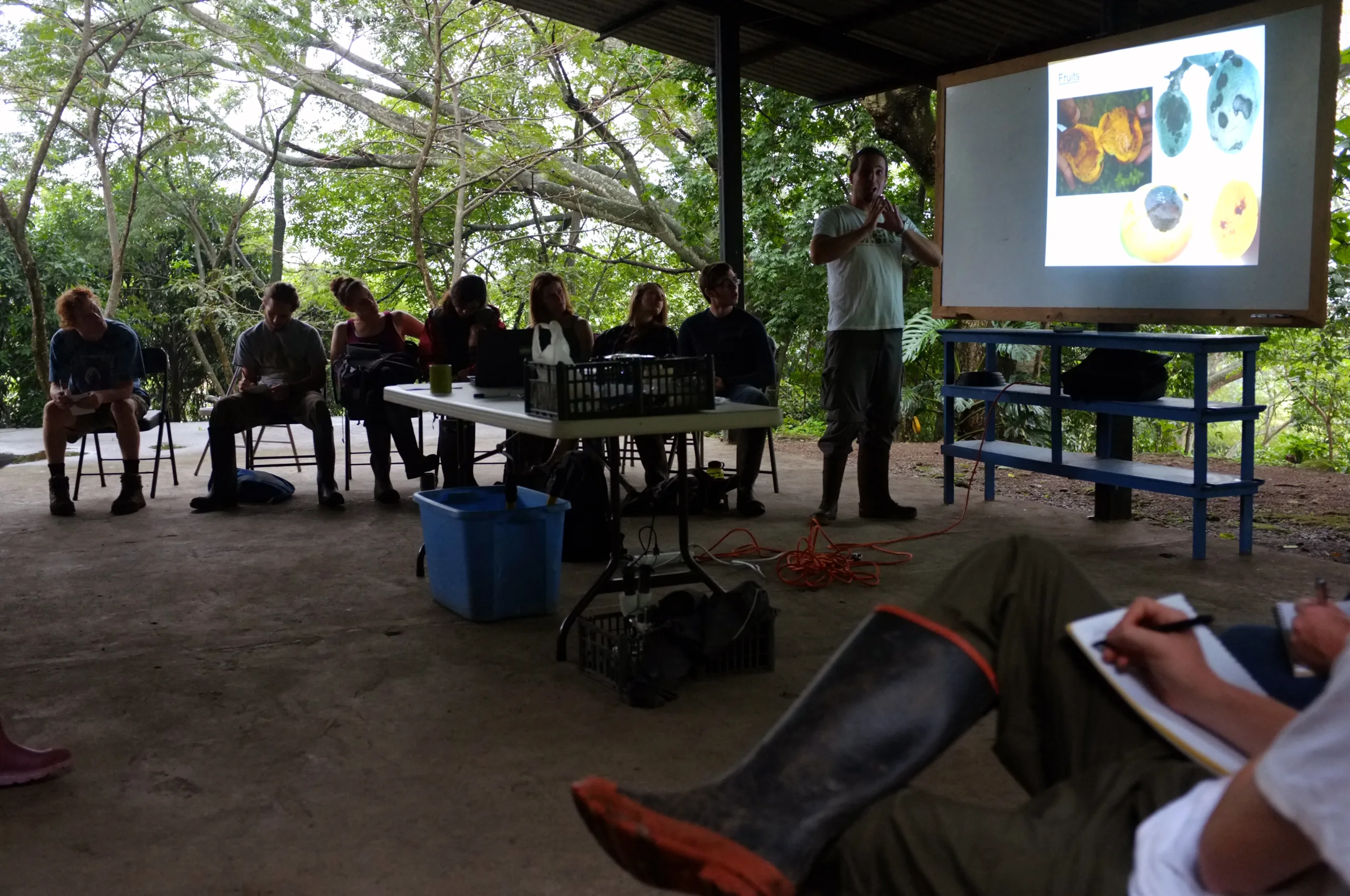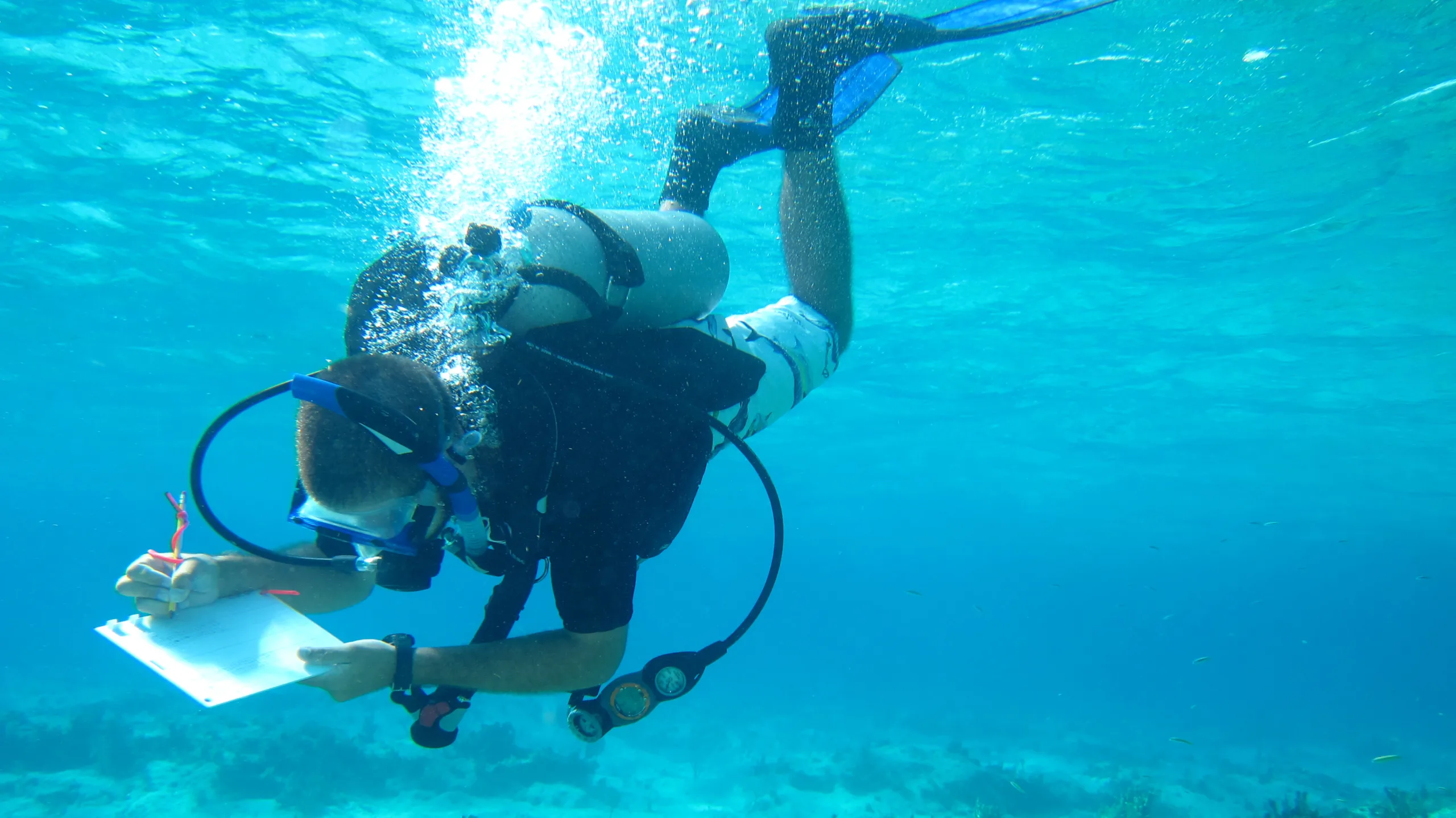SFS: Ahead of its Time
While most widely known for the World Heritage Sites that dot the globe, The United Nations’ Educational, Scientific and Cultural Organization (UNESCO) also plays an important role on the world stage in championing education as the primary means of confronting the social, economic and environmental problems that challenge our global society.
UNESCO’s Decade of Education for Sustainable Development (2005-2014), announced in 2004, almost 25 years after The School for Field Studies sent its first students into the field, was a wonderful validation on the global level of the mission and principles upon which The School for Field Studies was founded.
Long before “contextual education” became a pedagogical buzz word, SFS had embedded its students in local communities and used the nearby forests, streams, reefs, jungles and beaches as its classrooms. Even 30 years ago at its inception, SFS understood that the most profound, transformational educational experience occurs when living and learning environments overlap.

We celebrate UNESCO’s recognition that “education for sustainability seeks a transformative role for education, in which people are engaged in a new way of seeing, thinking, learning and working. People [must be] able not only to explore the relationships between their lives, the environment, social systems and institutions, but also to become active participants and decision-makers in the change process.”
SFS has taken up that challenge, recognizing the complexity of just solutions to environmental problems and their inextricable relationship to local communities. SFS has therefore emphasized both careful scientific study and collaborative decision-making. Many SFS students observe that “solving” environmental issues is far more challenging than they had originally thought.
Far beyond eco-tourism, the SFS experience changes lives, re-directs vocations and helps students develop unique skill sets. “SFS definitely helped me focus my interest, and ultimately decide what I wanted to do with my life. The research experience was involved and intensive,” said Ellen George, a recent Turks and Caicos Islands alum. “Being able to tell future employers that I have field sampling, research diving, statistical analysis, paper writing and presentation experience is absolutely invaluable.”

The UNESCO Decade recognizes that education for sustainability is much more than having students take a single action, like planting a tree. The goal is really a long-term commitment to train leaders who will be able to identify an environmental issue, work with stakeholders, and develop a collaborative solution which accommodates the needs of the human community and preserves the generative capacity of the earth.
And indeed, SFS alums are teaching in universities, heading up sustainability offices of Fortune 50 companies, working as community activists and serving as veterinarians. Some even return to the country where they studied to continue the work begun there. Even if the vocational commitment wasn’t there when they started, most students leave their SFS experience firmly focused on a career track which will enable them to use the training they have received to harmonize communities and with environments to the benefit of each.
Twenty five years before the UNESCO Decade of Education for Sustainable Development, SFS was founded by a handful of people who cared deeply about preserving the environment. In 1981, it was truly ahead of its time. Now, with environmental problems worsening and the world population growing, we are running out of time. Firmly aligned with UNESCO’s goals and principles, The School for Field Studies looks to this next generation of SFS-trained thought-leaders, scientists and activists to save the world. And that’s not an overstatement.
Related Posts

Restoration on a Cinder Cone: A Syntropic Story

